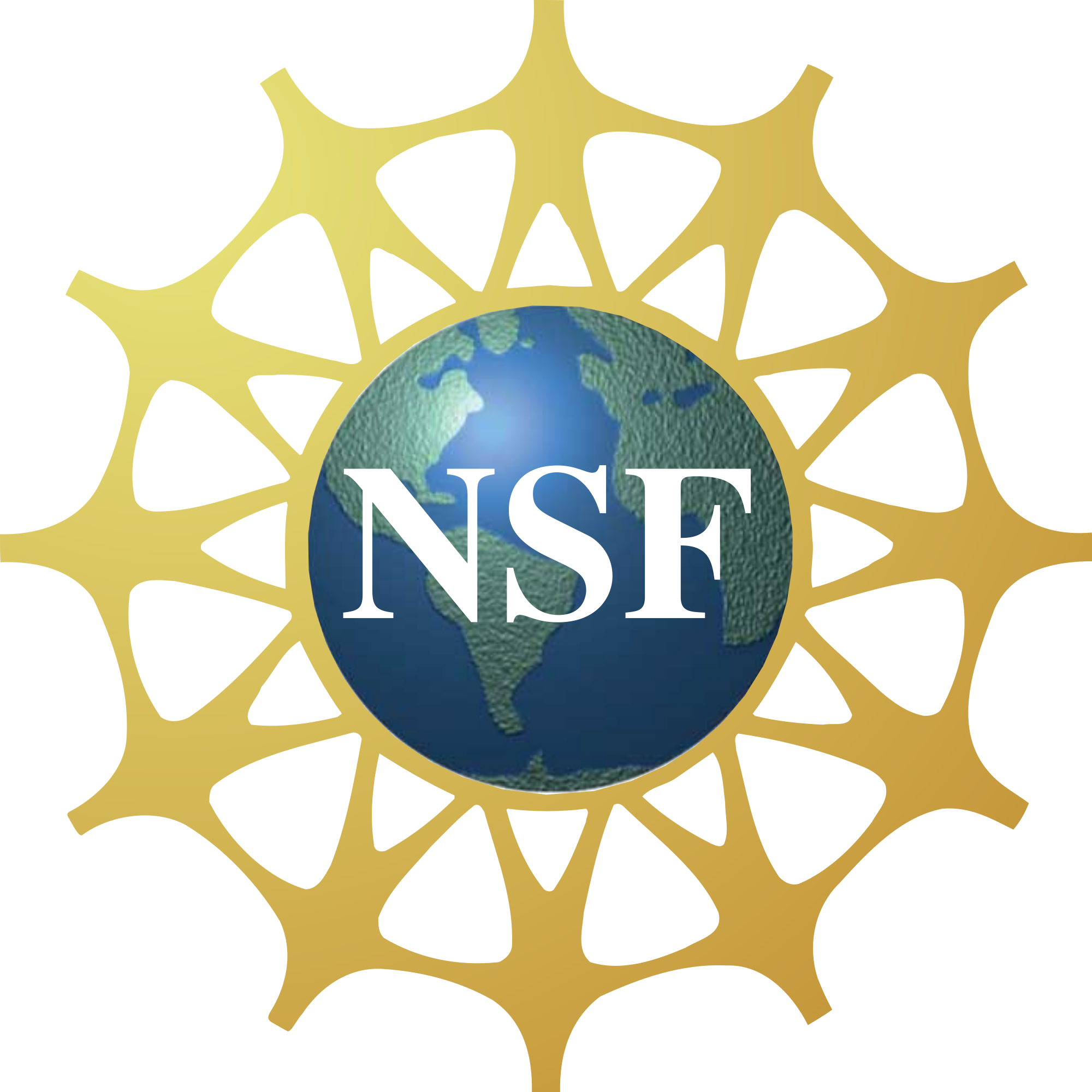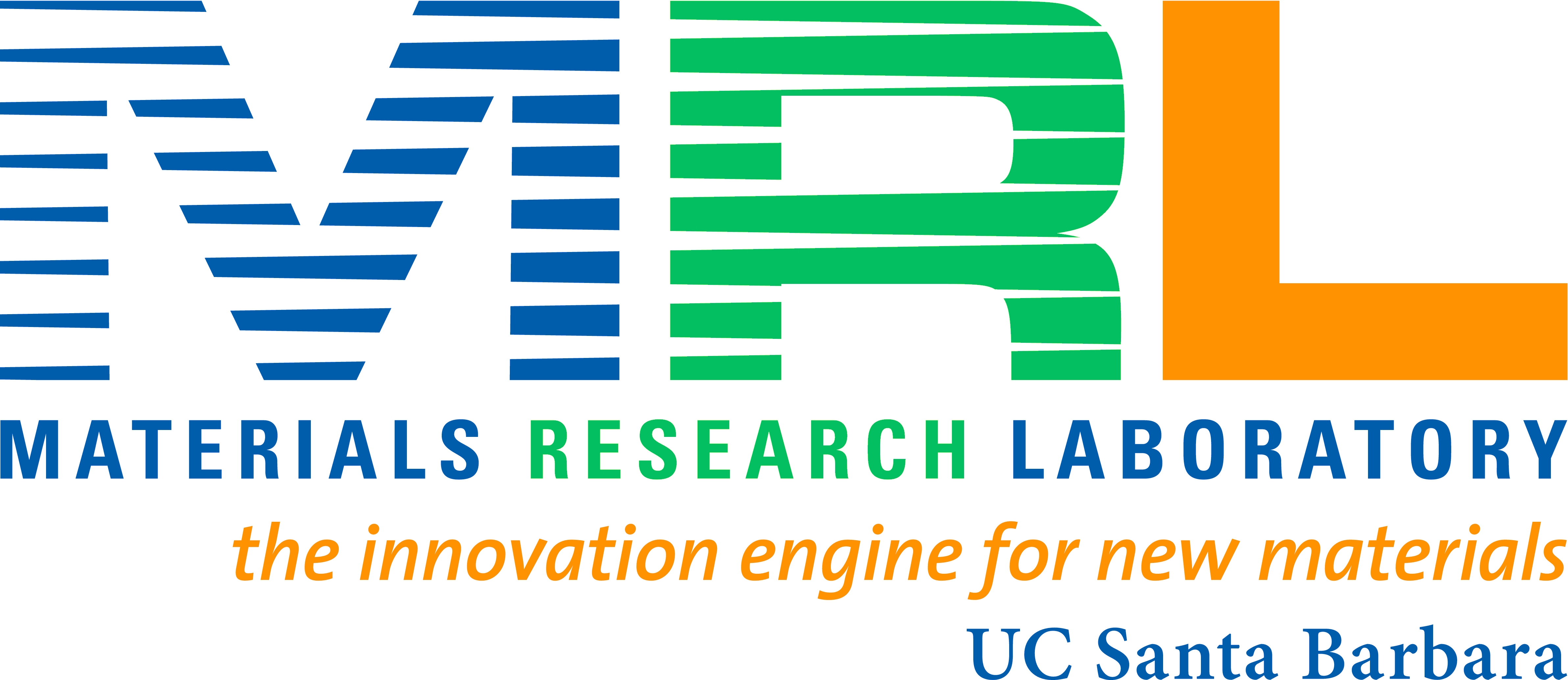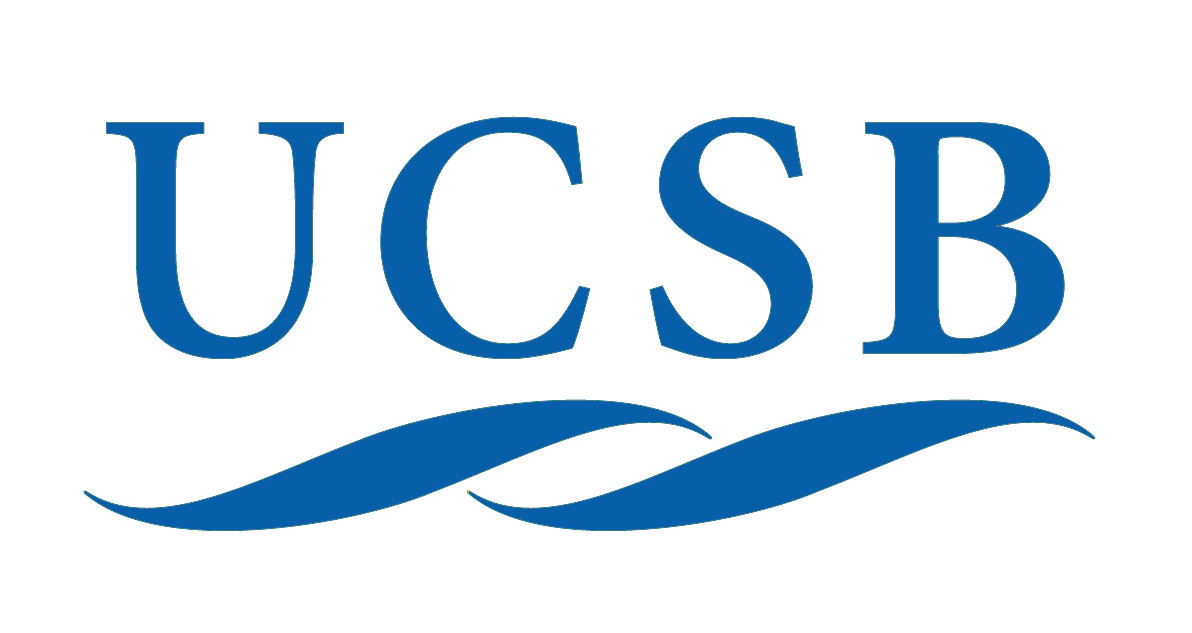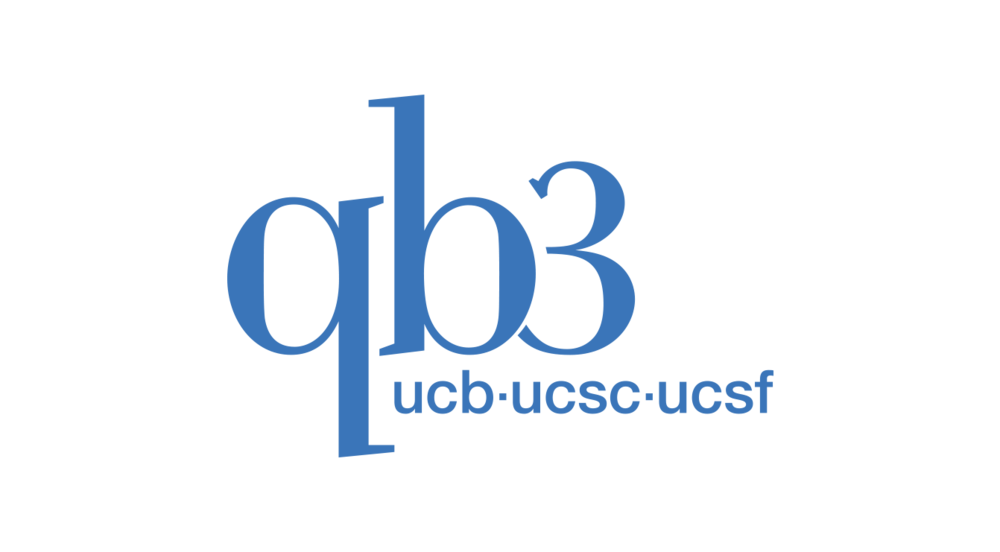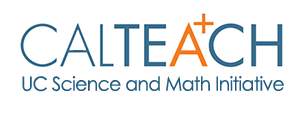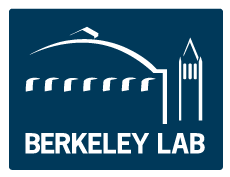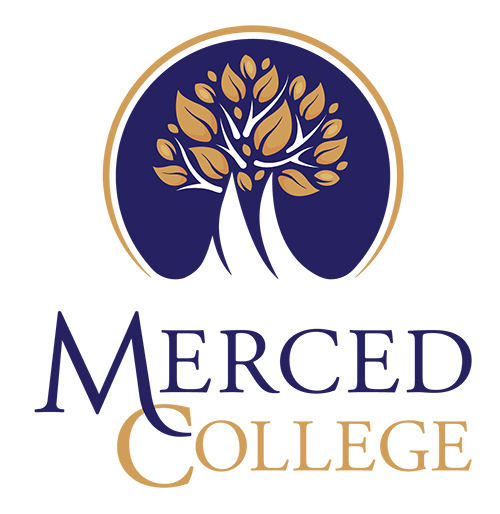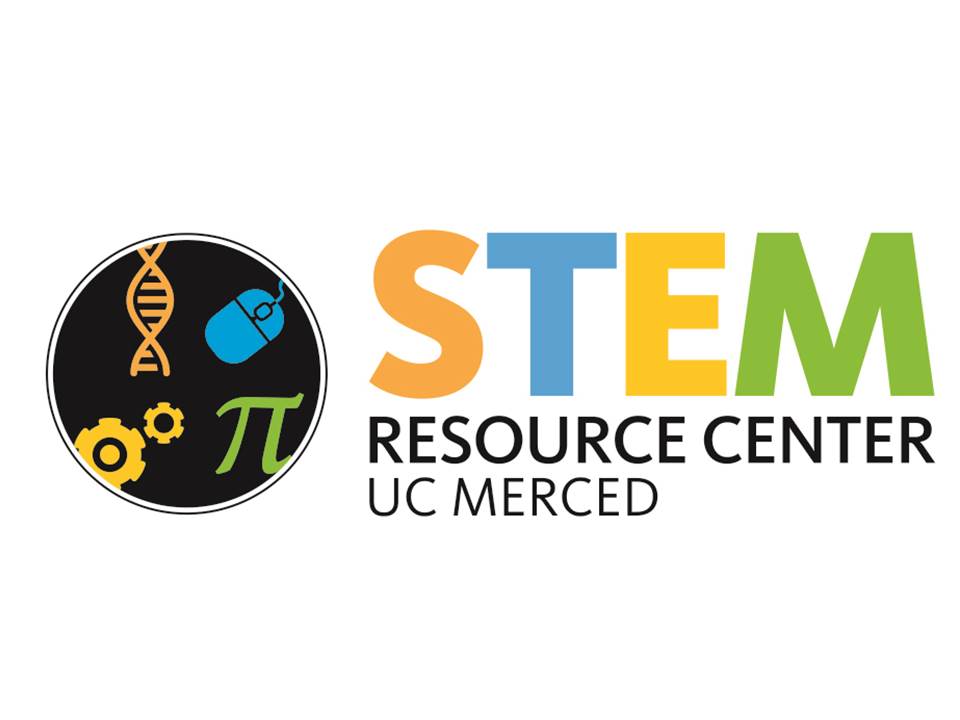Please SAVE the DATE—Friday, October 12, 2018—for a day of activities with faculty from our center partner NSF STC Center for Engineering MechanoBiology (CEMB) at UPenn:
Friday, October 12, 2018 at the University of California, Merced
Dennis E. Discher: on “Mechanotransduction and Cell Fate”
Research Expertise: Cellular Engineering | Bioengineered Therapeutics | Devices and Drug Delivery | Cell Mechanics
Dennis' research efforts in the nano/bio realm range from stem cell-matrix interactions and high-accuracy proteomics to polymer-based nano-delivery of drugs. His lab pioneered studies of stem cell differentiation due to matrix elasticity and Mass Spectrometry approaches to folding at the proteomic scale. His lab has also developed novel degradable cylinders known as filomicelles as well as degradable polymersomes that shrink tumors and treat genetic diseases.”
9:15-10:15 am (60 min)
Dennis Discher: “From Macrophage Attack of Solid Tumors to Matrix Elasticity Effects in Differentiation”
SE 2, 224
Macrophages are motile immune cells that attack foreign microbes as well as implanted materials, but they fail to eradicate tumors in part because tumors arise from “self.” We describe an approach to overcome the latter issue, but further show that macrophages mechanosense the stiffness of their tissue and tumor micro-environments which affects their function. A “use it or lose it” mathematical model will be shown to capture some aspects of matrix elasticity effects on differentiation of macrophages, stem cells, and embryonic cardiomyocytes. Physics, materials, and mathematics approaches all help to deepen the understanding (and application) of the basic biological processes.
Richard K. Assoian: on the NSF STC Center for Engineering MechanoBiology, graduate school at UPenn, and the CEMB Research Experiences for Undergraduates (REU) Program
“The Center for Engineering MechanoBiology (CEMB) is a multi-institutional Science and Technology Center funded by the NSF to advance the study of mechanical forces in molecules, cells, and tissues in plants and animals.”
Assoian Research: “We are an interactive group of cell/molecular biologists and bioengineers interested in understanding how cells sense changes in the physical properties of their microenvironment and how they convert this information into chemical signals, behavior and function. Within this broad area, we try to understand how physiological and pathological changes in the stiffness of the extracellular matrix (ECM) affects adhesion receptor signaling, the actin cytoskeleton, and fate decisions such as proliferation, migration and differentiation. We perform mechanistic analyses in cell culture, use genome- and proteome-wide approaches, assess mechanical properties of tissues and cells, and ultimately test physiological and pathological relevance in mouse models of vascular aging, injury, and atherosclerosis.”
2:00-3:00 pm (60 min)
Richard K. Assoian: “Career Pathways Student Session”
SSB 130
This informal Q&A session will inform students about the range of careers relevant to mechanobiology. I will outline the developing program in the CEMB that is preparing trainees for career opportunities in start-ups and biotech. Career paths in teaching and research can also be discussed, depending on the interests of the group.
3:00-3:45 pm (45 min)
Richard K. Assoian: “NSF STC Center for Engineering MechanoBiology (CEMB)”
SSB 130
The CEMB is an NSF Science and Technology Center network. We are a multi-institution center with a mission to study the role of forces in biology. Our work covers a range of length scales from molecules to cells to tissues. We also incorporate computation and modeling. Finally, we study both animal and plants and are very interested in identifying mechanically common principles working in the two kingdoms. CEMB has a highly interactive faculty with opportunities for interdisciplinary and cross-institution collaborations.
3:45-4:15 pm (30 min)
Richard K. Assoian: “Graduate Study at CEMB Universities (including Penn and WashU)”
SSB 130
The CEMB supports graduate study at all of our institutions. Study for the PhD is available in several engineering disciples and several biological/biomedical disciplines. We are not directly engaged in the admissions process, but students apply to individual programs and should state their potential interest in the CEMB. CEMB graduate trainees are brought into our program after they have joined one of the CEMB PI laboratories. The opportunities for interdisciplinary and collaborative study in mechanbiology are unrivaled.
Richard K. Assoian: “CEMB Research Experiences for Undergraduates (REU) Program”
The CEMB offer a 10-week REU program at Penn and Washington University St. Louis each summer. Participating laboratories have active research programs across the spectrum of mechanobiology, from computation/modeling to engineering to biology. Additionally, REU students participate in a summer boot-camp designed to give everyone a common scientific background and language. In addition to the research experience, these REU programs allow students to explore a new part of the country, particularly in Philadelphia, with its easy access to New York and Washington DC.

